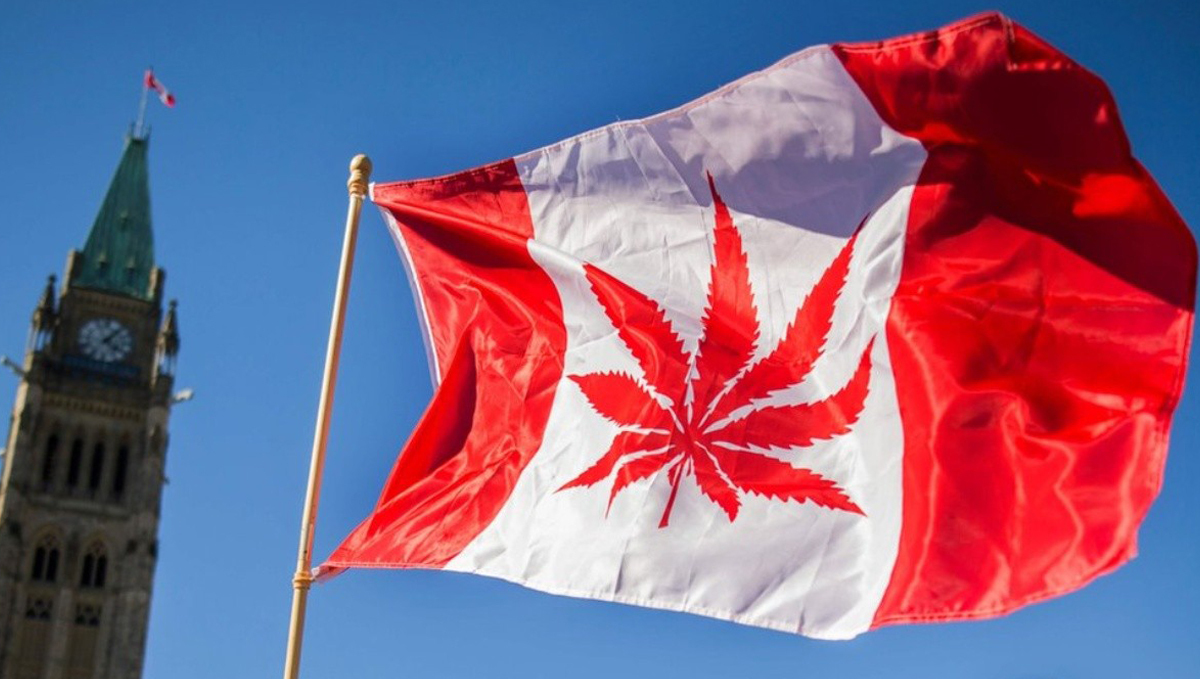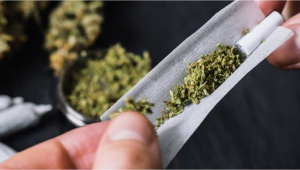Cannabis Legalization Does Not Increase Traffic Injuries, Study Finds

One of the most pressing concerns that people have when they weigh in the pros and cons of cannabis legalization is road safety. Will the availability of legal cannabis lead to more injuries in traffic accidents? Will it result in an uptick in fatalities?
A team of Canadian scientists seems to have found a definitive answer to the first of these questions. They looked at the data of emergency room admissions just before and right after the substance was legalized nationwide and found no difference in the numbers of traffic-related injuries.
Surprising Results
Dr. Russ C. Callaghan from the University of Northern British Columbia and his team analyzed traffic injuries data in two Canadian provinces—Ontario and Alberta—in the period between April 1, 2015 and December 31, 2019. Their goal was to determine how much the passing of the law that legalized cannabis in the country in October 2018 affected the statistics.

The team’s hypothesis was that the number of injuries should go up after the legalization, especially in the younger populations. But contrary to their expectations, scientists found no evidence of significant change. The prevalence of injuries remained the same both for older drivers and for the youth. As ‘youth’, they defined those aged 16-18 in Ontario and 14-17 years in Alberta.
Reasons Still Unclear
Dr. Callaghan himself said he was surprised with his team’s findings. It seemed logical to him that the legalization of cannabis would increase its use, leading to more impaired driving and more emergency room admissions. But the results of the study refuted this assumption.
The study just looked at the statistics and wasn’t designed to provide an explanation. Dr. Callaghan hypothesized that the reason was new stricter laws on impaired driving that were passed shortly after the legalization. They impose harsher penalties for those caught driving under the influence of cannabis or alcohol or both.
Other explanations are also possible. One is the fact that people often substitute alcohol with cannabis, and while cannabis-related accidents may go up, those involving alcohol should go down. Another explanation is that cannabis—unlike alcohol—doesn’t inspire reckless behavior on the road. It rather makes drivers more cautious, so that they overcompensate their impairment. Yet another explanation could be that cannabis legalization and regulation don’t actually lead to more use, at least among teenagers.











Comments